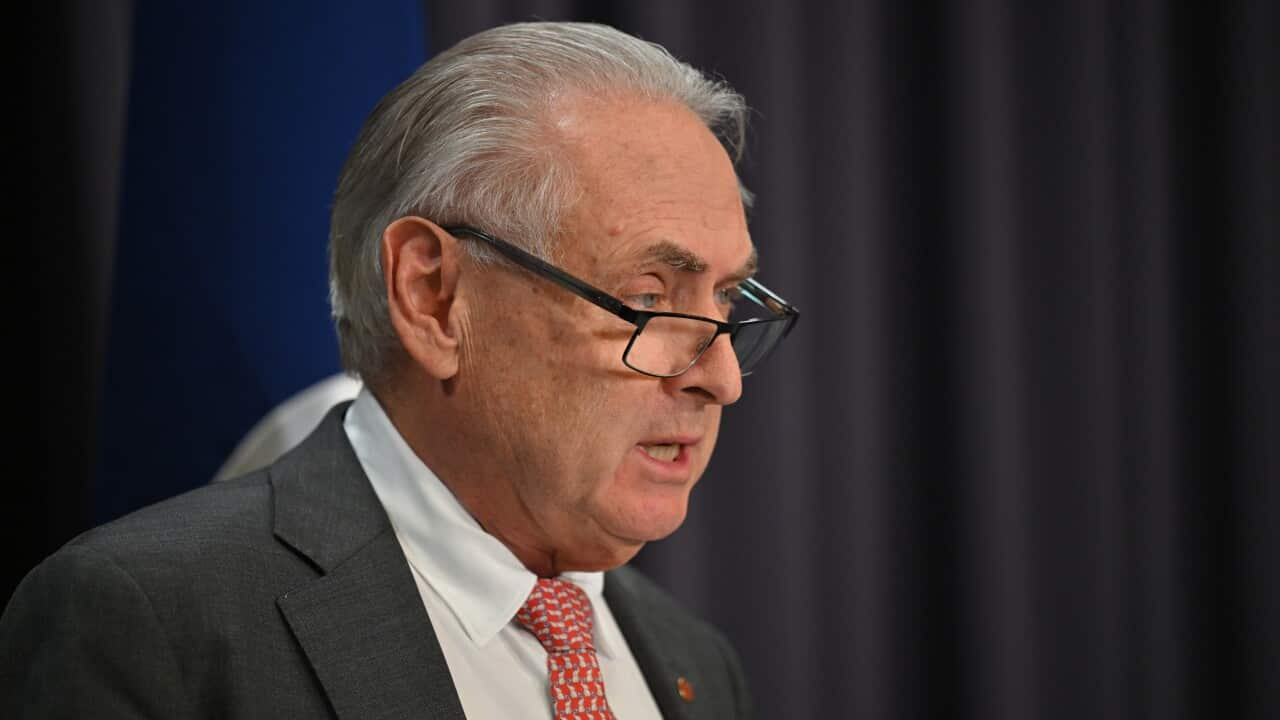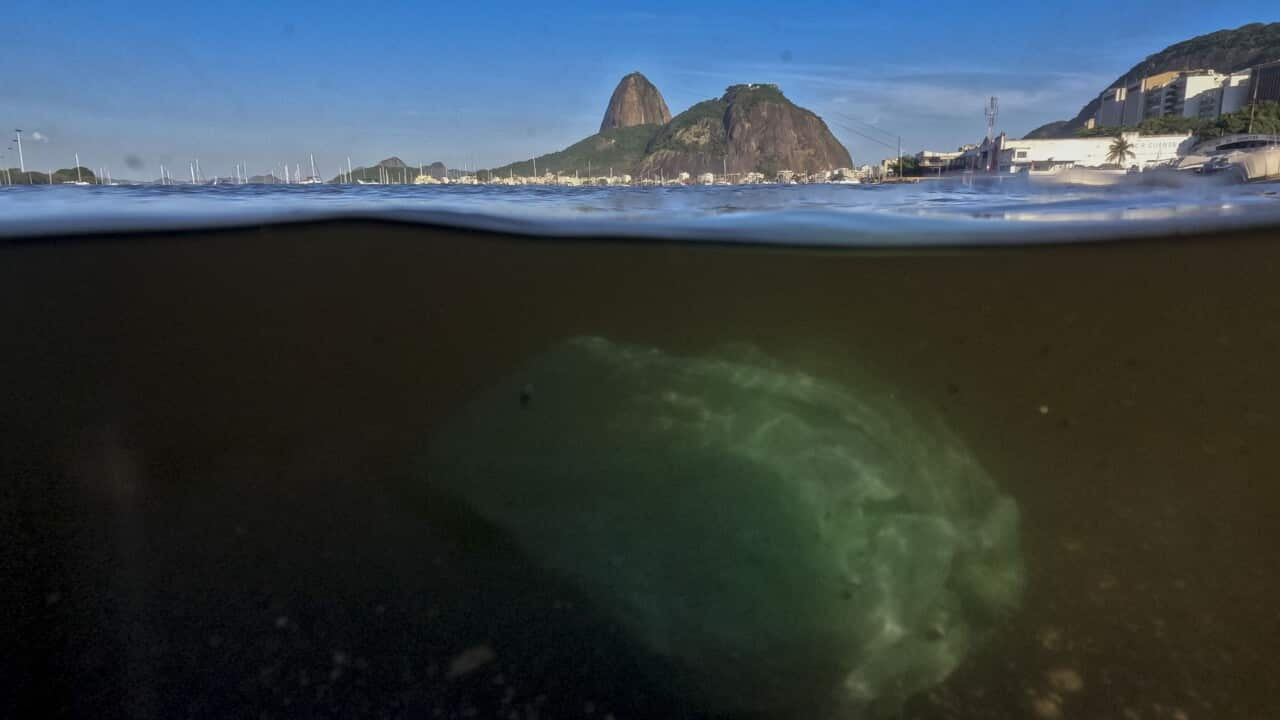Australia's political system is strong, but it can, and should, be stronger."
That's Special Minister for State Don Farrell, announcing Labor's plan to limit political donations and spending on political campaigns.
"Labor's reforms will cap campaign spending, restrict big donors, and stop the arms race of donation drives and endless fundraising."
While no draft legislation has been made public, the government has sketched out a plan to limit donor spending to $20,000 per candidate per year, and introduce a cap on campaign spending for the first time, at $800,000 per candidate, and $90 million for political parties.
Senators would be able to spend $200,000 per division in their state or territory, working out to $400,000 per candidate in the Northern Territory, and $9.2 million in New South Wales.
Real-time donation disclosures will be required for the first time as an election approaches, and the disclosure limit would be slashed from almost 17-000 to just 1-thousand dollars.
It's a move Mr Farrell says will keep big money out of politics.
"The Australian electoral system should not work on the basis that the only people that can get in to Parliament are people who are sponsored by billionaires."
At the last federal election, Clive Palmer spent $123 million, securing just one seat in the Senate.
In a statement, Mr Palmer promised to challenge the laws in the High Court, saying they impede on freedom of speech.
Independent Senator David Pocock saying the move disadvantages new candidates.
"Clearly the major parties are scared of that. They don't want to have to compete on ideas, they want to go back to how it used to be where it was just the major parties, you know, you change government every now and then but basically that's your only competition."
David Pocock, along with the so called teal independents, were backed by Climate 200 at the last election - all receiving donations that would surpass the new $20,000 limit.
The teals have also raised concerns about the additional money set aside for major parties to run national campaigns, as well as a lack of scrutiny over the legislation - with the government hoping to pass the bill through parliament within the fortnight.
Executive Director of Public Integrity Australia Dr Catherine Williams says there needs to be enough time for the public to consider the legislation.
"The time frame that remains the passage of this legislation may not permit for the essential scrutiny and consultation that just has to take place when you're dealing with such significant reform with serious consequences for our democracy."
The government would not introduce the changes until the after the next federal election.













